What do you get when you combine a judge, a courtroom, and ChatGPT? Apparently a court decision! That’s right, folks: a judge in Colombia openly used ChatGPT in court to make a legal ruling.
This is the first time that we know about where ChatGPT technology has been used to make a court decision. Will it become a new trend?
Who needs a law degree when you have ChatGPT? How A Colombian Judge Used ChatGPT in court. #ChatGPT #Colombia #CourtDecision #AIethics #ChatGPTlaw #law Share on XWhat Is ChatGPT?
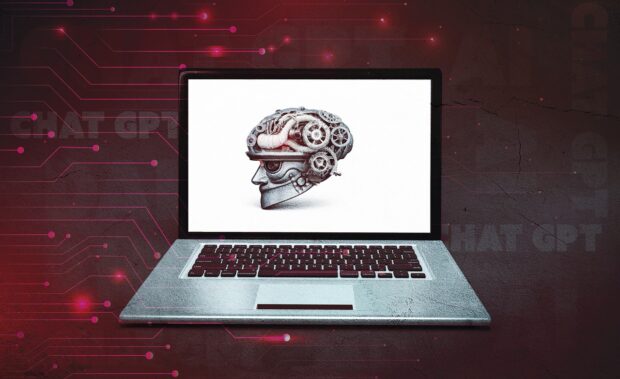
ChatGPT is an AI-powered chatbot that uses natural language processing (NLP) to understand complex questions and generate informed responses. The technology has access to a wealth of knowledge, including court cases, and is capable of valid attempts at making legal decisions.
However, the AI technology powering ChatGPT is prone to errors and should always be thoroughly reviewed by a human.
Colombian Judge Garcia’s Decision To Use ChatGPT In Court To Advise An Official Ruling
Judge Juan Manuel Padilla Garcia made history by becoming the first judge to openly use ChatGPT to make a court decision. The case involved a dispute over medical coverage between a health insurance company and a family with an autistic child
For the court case, Judge Garcia used ChatGPT to analyze legal documents and precedents, and then asked the AI to suggest a legal outcome for him to review. ChatGPT’s responses were even included in his official ruling document dated January 30th, 2023.
“Conforme a lo anterior, las cuotas moderadoras y copagos, para el caso concreto, representan barreras de acceso a los servicios de salud que el Juez Constitucional debe eliminar para que el menor S E C., en las actuales condiciones económicas alegadas por laaccionante. Por otra parte, atendiendo que la Ley 2213 de 2022 tiene por objeto la incorporación de las TIC en los procesos judiciales., se resolverá extender los argumentos de la decisión adoptada, conforme al uso de inteligencia artificial (IA). Por consiguiente, se procedió a incluir apartes del problema jurídico planteado en la presente sentencia y se ingresó en el aplicativo https://chat.openai.com/chat.”
DiarioJudicial
Our Spanish to English translation of his decision roughly states, “the arguments of the court decision adopted will be extended, according to the use of the artificial intelligence (AI).” Judge Garcia then provides a link to OpenAI’s ChatGPT.
Further clarifying his use of AI, Judge Garcia explains that he doesn’t see AI technology replacing the ability for judges to make court case decisions. Instead, he thinks AI can help reduce that amount of time required to draft judgements.
In addition to openly using using ChatGPT in court, Judge Garcia also added his own thoughts and legal arguments to his written decision.
ChatGPT Court Decision Shocker! Colombian Judge Openly Uses ChatGPT In Court Case #ChatGPT #LawDegree #ColombianJudge #AIInCourt #JusticeSystem Share on XAre Other Legal Professionals Also Turning To AI For Help To Quickly Reduce Court Case Backlogs?

Judge Garcia may have been the first judge to use an AI tool to make a court ruling, but he won’t be the last. With ChatGPT, Judges can quickly identify the relevant facts in a case, allowing them to make decisions in a fraction of the time. This has the potential to help reduce the backlog of court cases and speed up court hearings.
Although no legal systems have officially adopted the use of AI platforms like ChatGPT in court, yet, experts predict that it won’t be long before AI technology becomes a standard tool for legal professionals.
Does AI Have A Role In The Future Of Our Legal System?
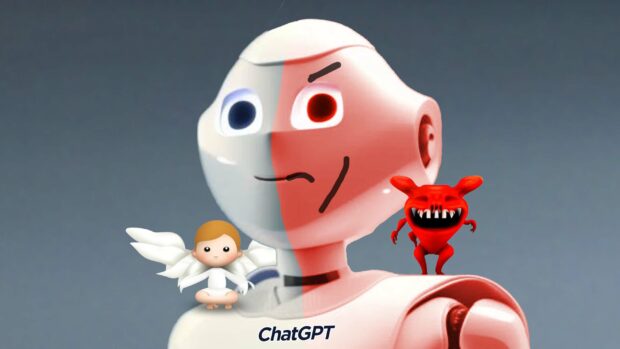
In this landmark case, Judge Garcia’s decision to use ChatGPT in court may be a turning point for the future use of AI in the justice system. He successfully demonstrated that AI is capable of processing both complex legal questions and providing legitimate case arguments. With its ability to quickly analyze large amounts of data and generate responses, ChatGPT could be an opportunity to make the legal decision-making process faster and more effective.
AI could have a role in the future of our legal system, and potentially revolutionize the way cases are adjudicated, but will it? The technology is still plagued by errors and has even been criticized by AI ethicists for plagiarizing and regurgitating stereotypes, racism, and inequality.
Will Judge Garcia’s open use of ChatGPT in court set a precedent for how AI technology can be used to inform legal proceedings? Will local justice systems embrace AI, or fight to ban it?
What would happen if all legal professionals used AI? Could AI help reduce court case backlogs? Share on X
Frank Wilson is a retired teacher with over 30 years of combined experience in the education, small business technology, and real estate business. He now blogs as a hobby and spends most days tinkering with old computers. Wilson is passionate about tech, enjoys fishing, and loves drinking beer.

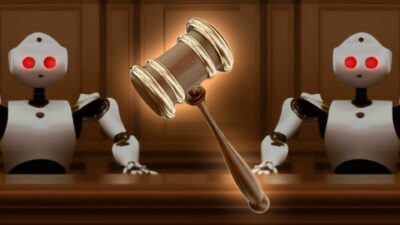
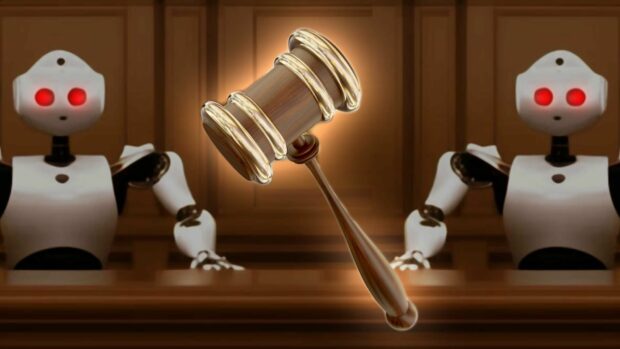




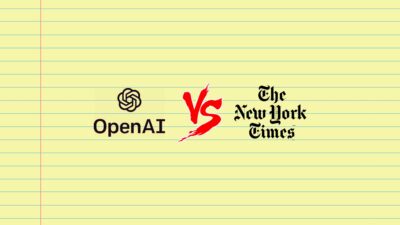







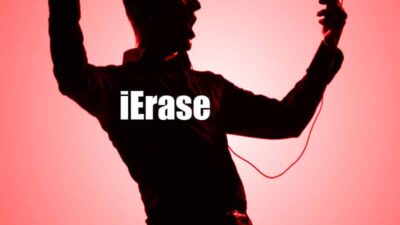

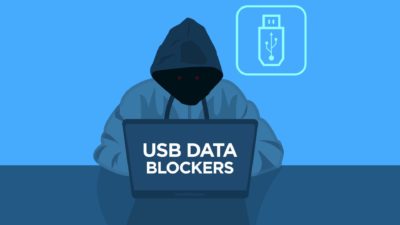











 The Ultimate Super Bowl Party Platter Idea: Sandwich Stadium
The Ultimate Super Bowl Party Platter Idea: Sandwich Stadium
Leave a Reply
You must be logged in to post a comment.